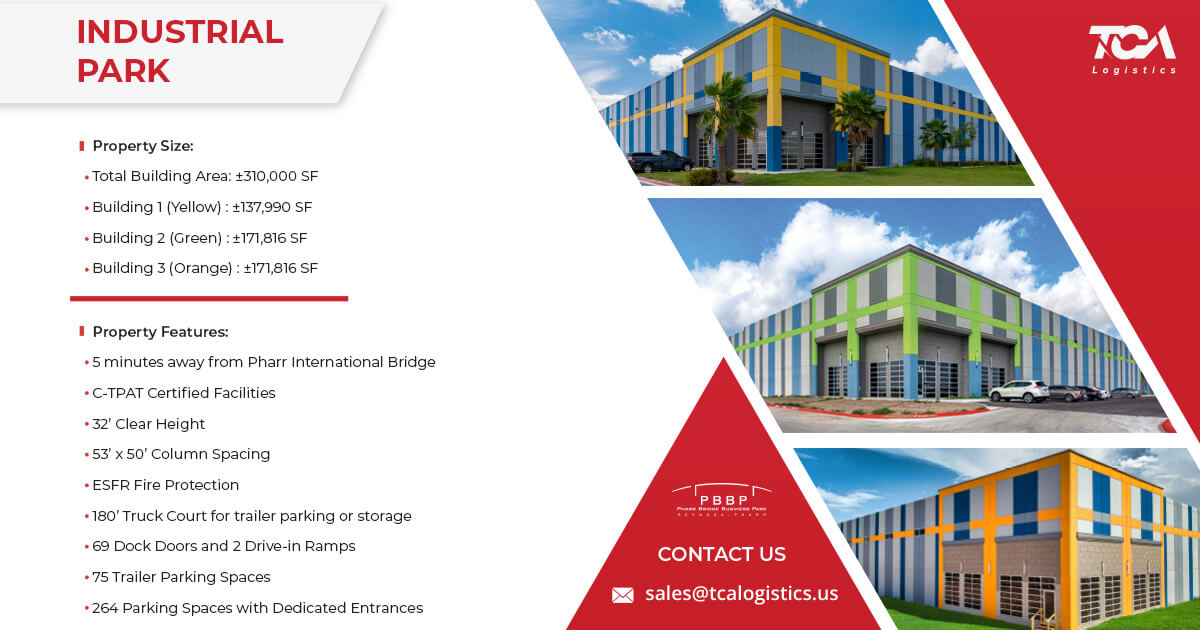
Texas Border Business
COLLEGE STATION, Texas (Texas Real Estate Research Center) – Manufactured-housing production has surged over the past two years and, according to the latest Texas Manufactured Housing Survey (TMHS), manufacturers expect even faster growth during the first half of 2022. Industry optimism has prompted a flood of capital expenditures and operational expansions.
“Manufacturers are working hard to make improvements to enhance efficiency in their plants,” said Dr. Harold Hunt, research economist with the Texas Real Estate Research Center at Texas A&M University. “Creativity is the key, and each manufacturer may not attack the problem in the same way. But the end goal is to crank out more units within their capacity constraints.”
The TMHS capital-expenditures index has accelerated in every month since the survey began in June 2020, corroborating the industry’s efforts to expand operations.
“Manufactured housing is centered on driving as much efficiency into the home-building process as possible,” according to Rob Ripperda, vice president of operations for the Texas Manufactured Housing Association. “That means homes from plants get built with less labor and less materials wasted. Given widespread inflationary pressures, manufacturers are bullish that their value proposition will only look better as site-built producers get hit harder by rising costs and interest rates.”
The manufactured-housing industry is not immune to inflationary pressures, which have accelerated due to supply-chain disruptions and labor-supply shortages. While manufacturers have passed some of these costs through to consumers, their product remains highly affordable compared with site-built housing, said Ripperda.
“Affordability advantages and robust demand outweighed pandemic-related and regulatory uncertainties that have loomed over the industry for nearly two years, and the outlook remains favorable through the first half of 2022,” he said.
Funded by Texas real estate licensee fees, the Texas Real Estate Research Center was created by the state legislature to meet the needs of many audiences, including the real estate industry, instructors, researchers, and the public. The Center is part of Mays Business School at Texas A&M University.














